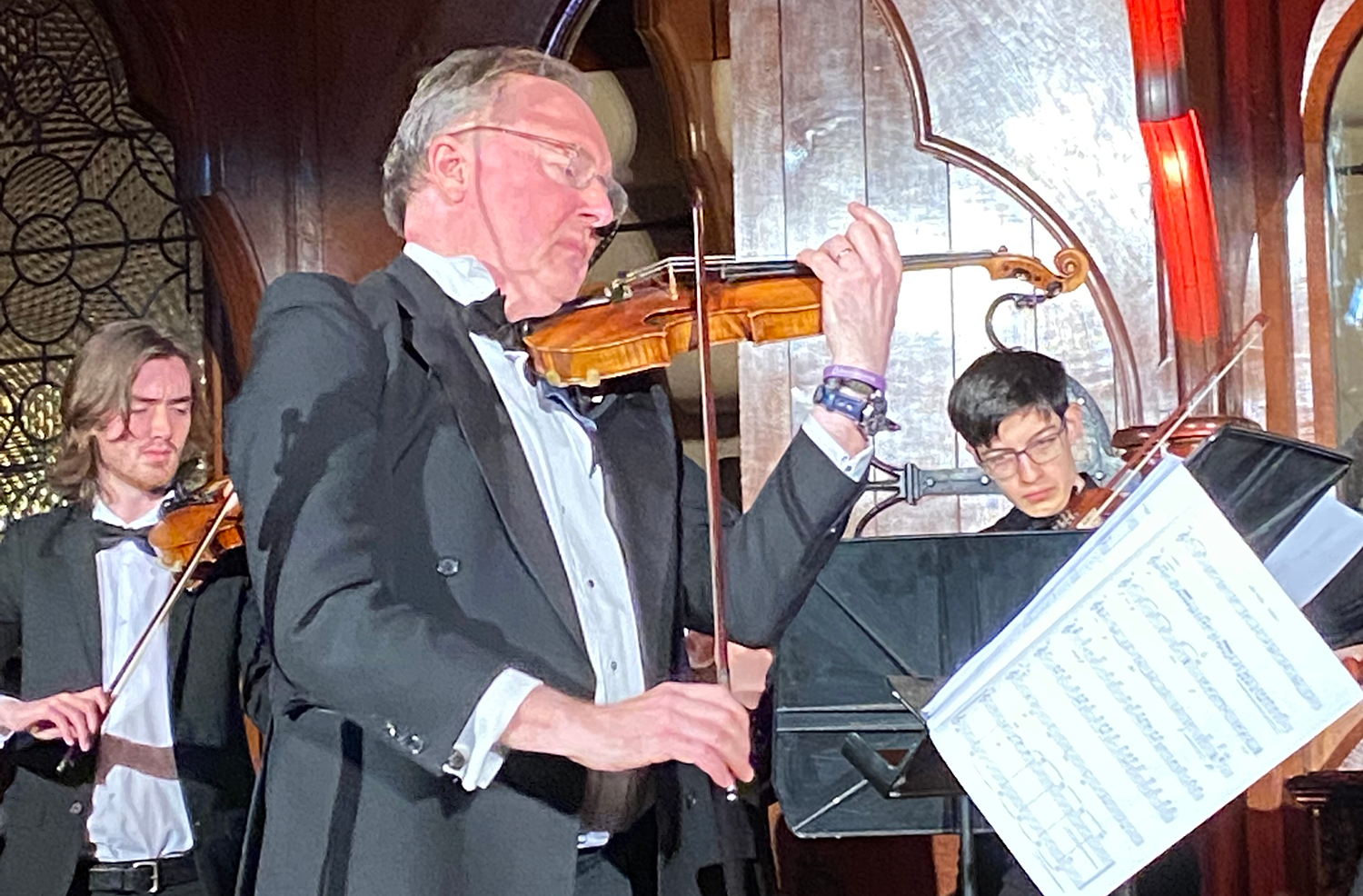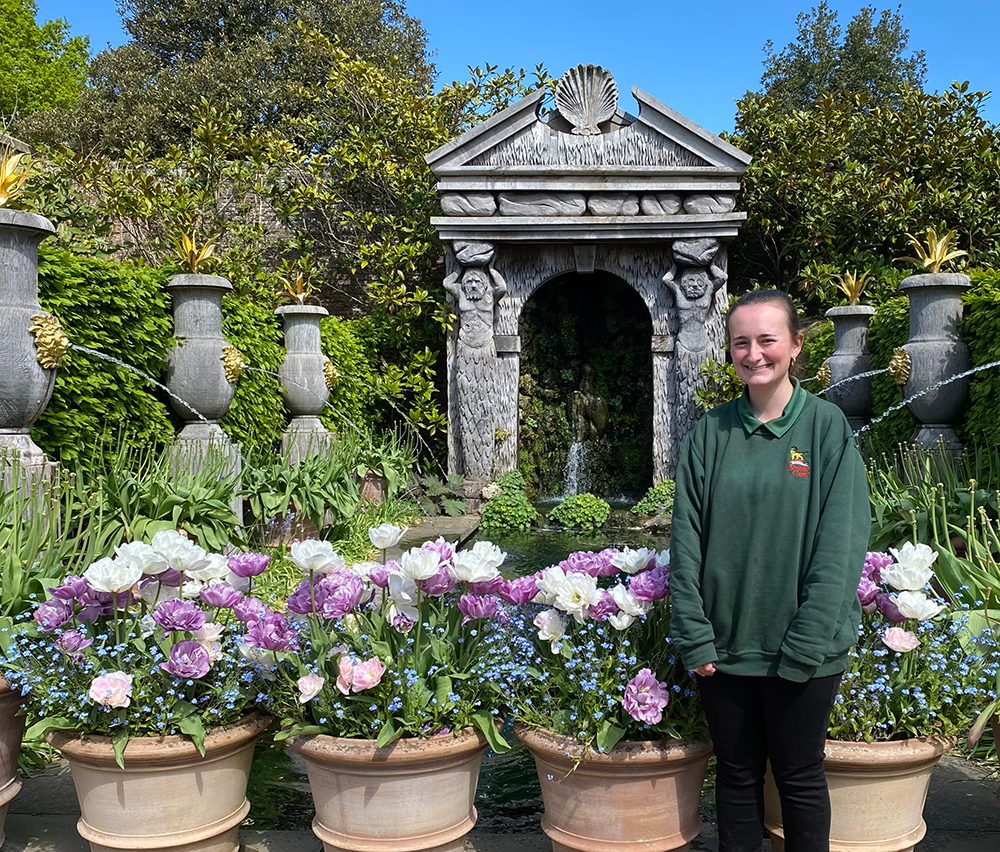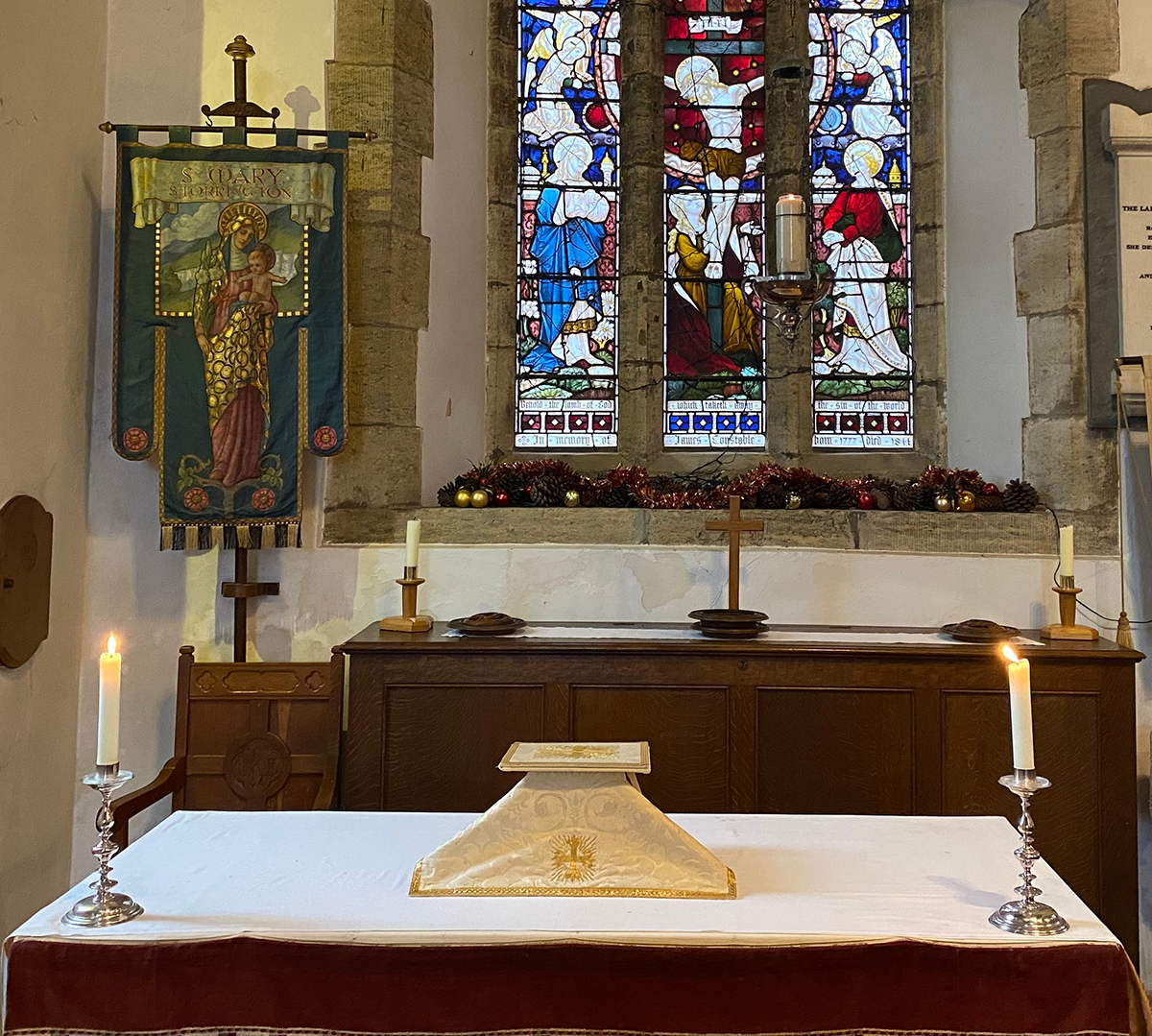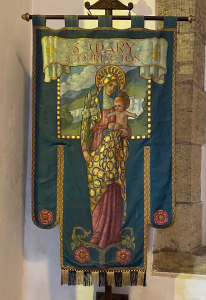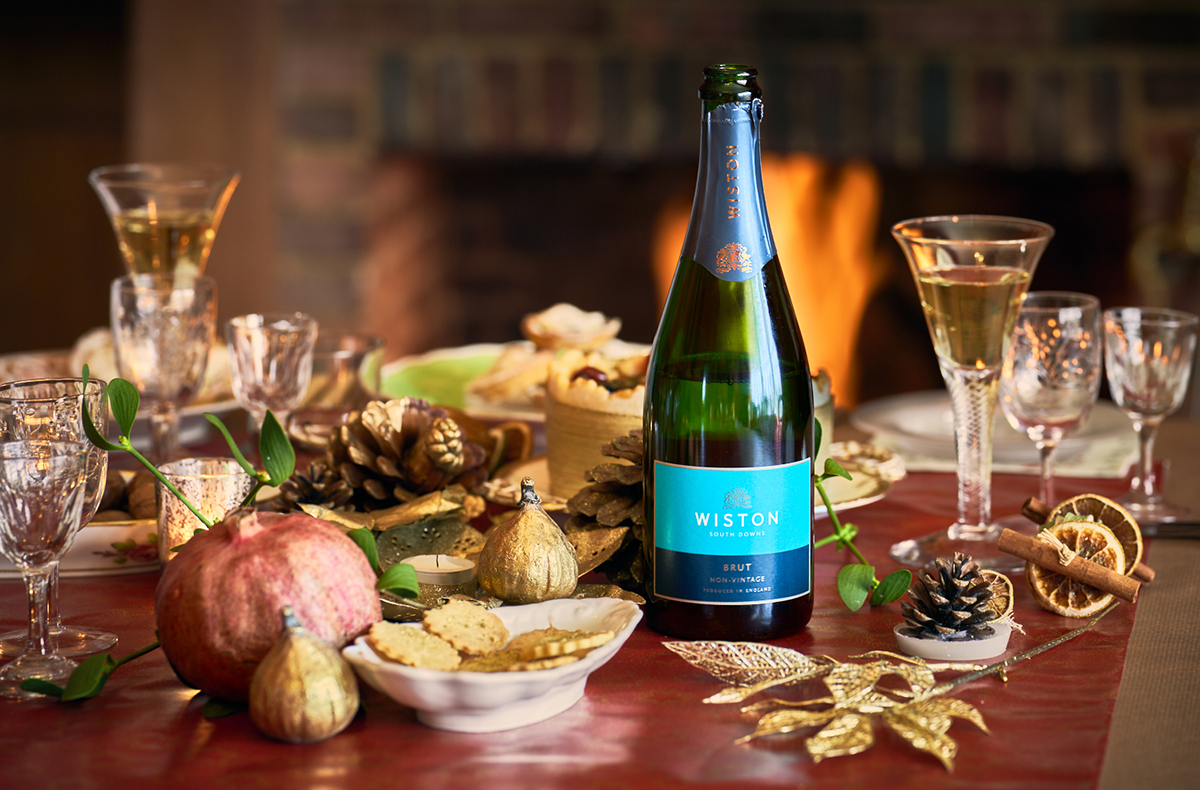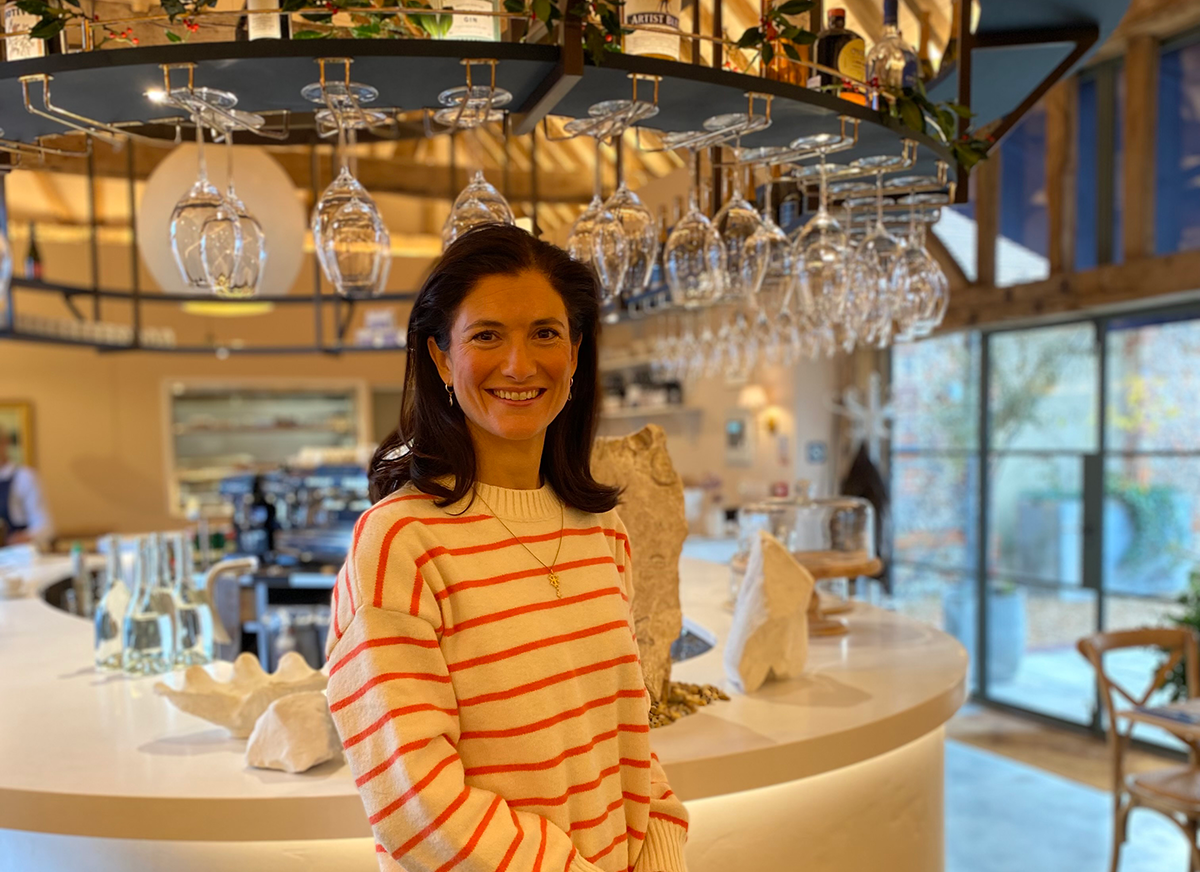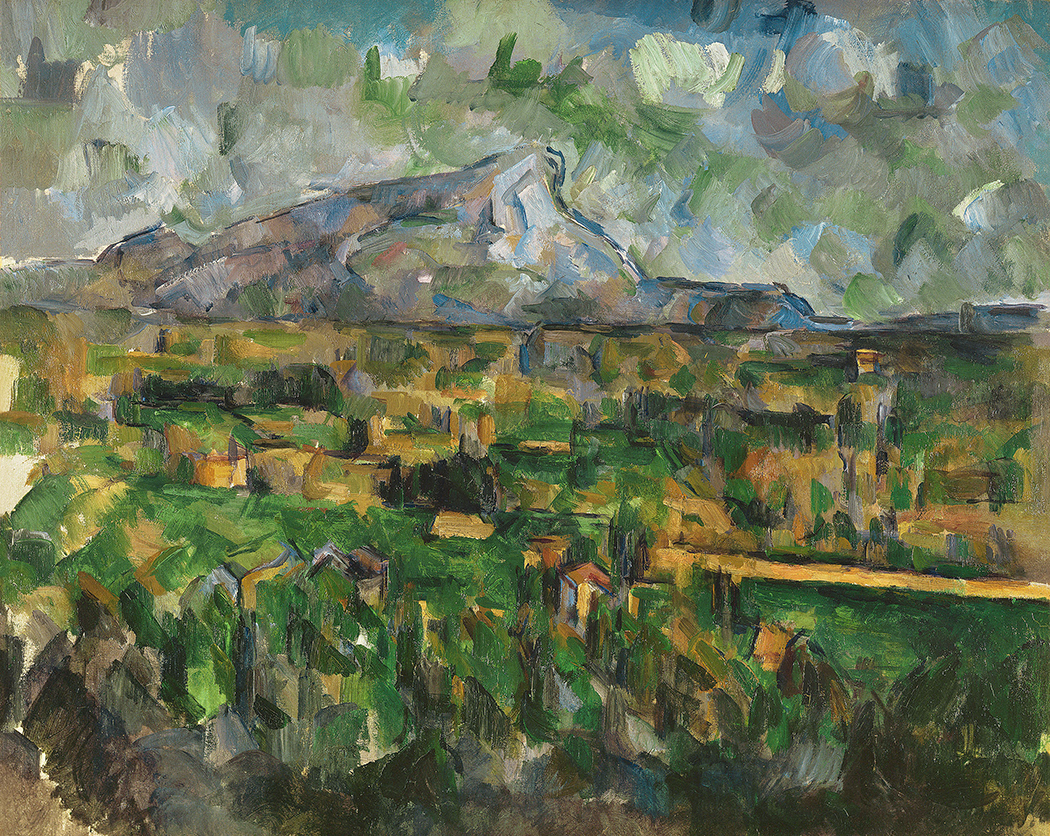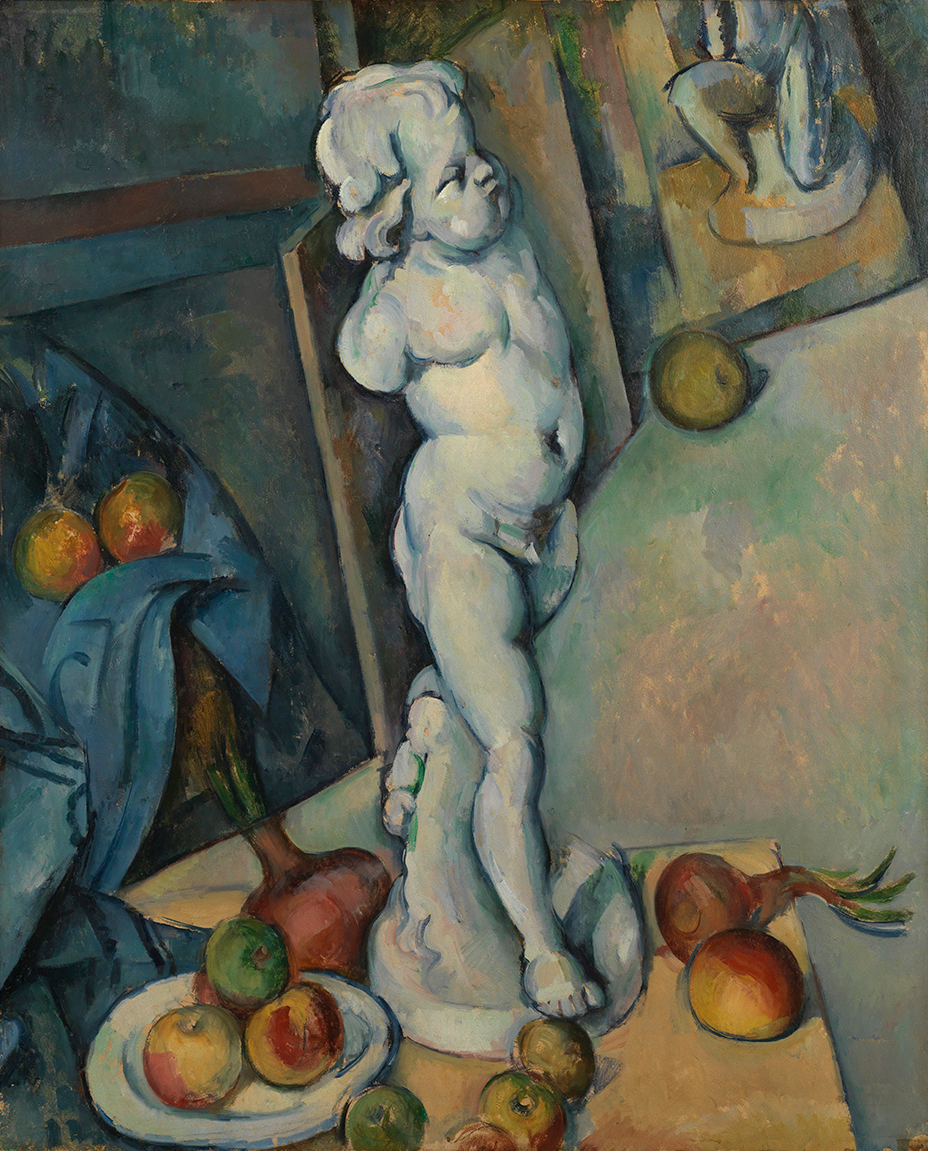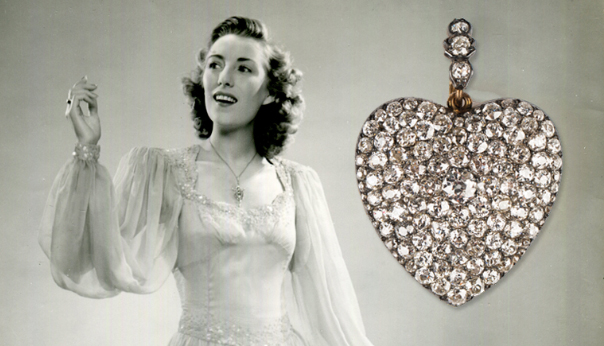
2022 saw some remarkable discoveries and sales at Toovey’s. It is always wonderful when remarkable and beautiful pieces are sold to the benefit of Sussex charities.
In The Sound of Music I love it when Julie Andrews sings “…These are a few of my favourite things.”
With many to choose from two of my favourite things from the 2022 auction season were the remarkable heart shaped diamond brooch sold for the Dame Vera Lynn Charitable Trust and the Duncan Grant Still Life in aid of The Sussex Heritage Trust.
During the Second World War Dame Vera Lynn was known as the Forces Sweetheart, a singer of undoubtable talent she became an icon of hope in the face of the sometimes seemingly insurmountable challenges of the Second World War.
The heart remains one of the definitive symbols of love and Dame Vera’s large, late Victorian diamond set heart shaped pendant locket, pavé set with old cut diamonds was a fine example. The smaller diamonds accentuated the principle stone at its centre within a shimmering field. The back was glazed and hinged with a locket compartment. This beautiful jewel with it’s exceptional provenance realised £26,000 for her charitable trust.
Later in the year a still life by the famous Charleston and Bloomsbury artist Duncan Grant was sold at Toovey’s in aid of the Sussex Heritage Trust.
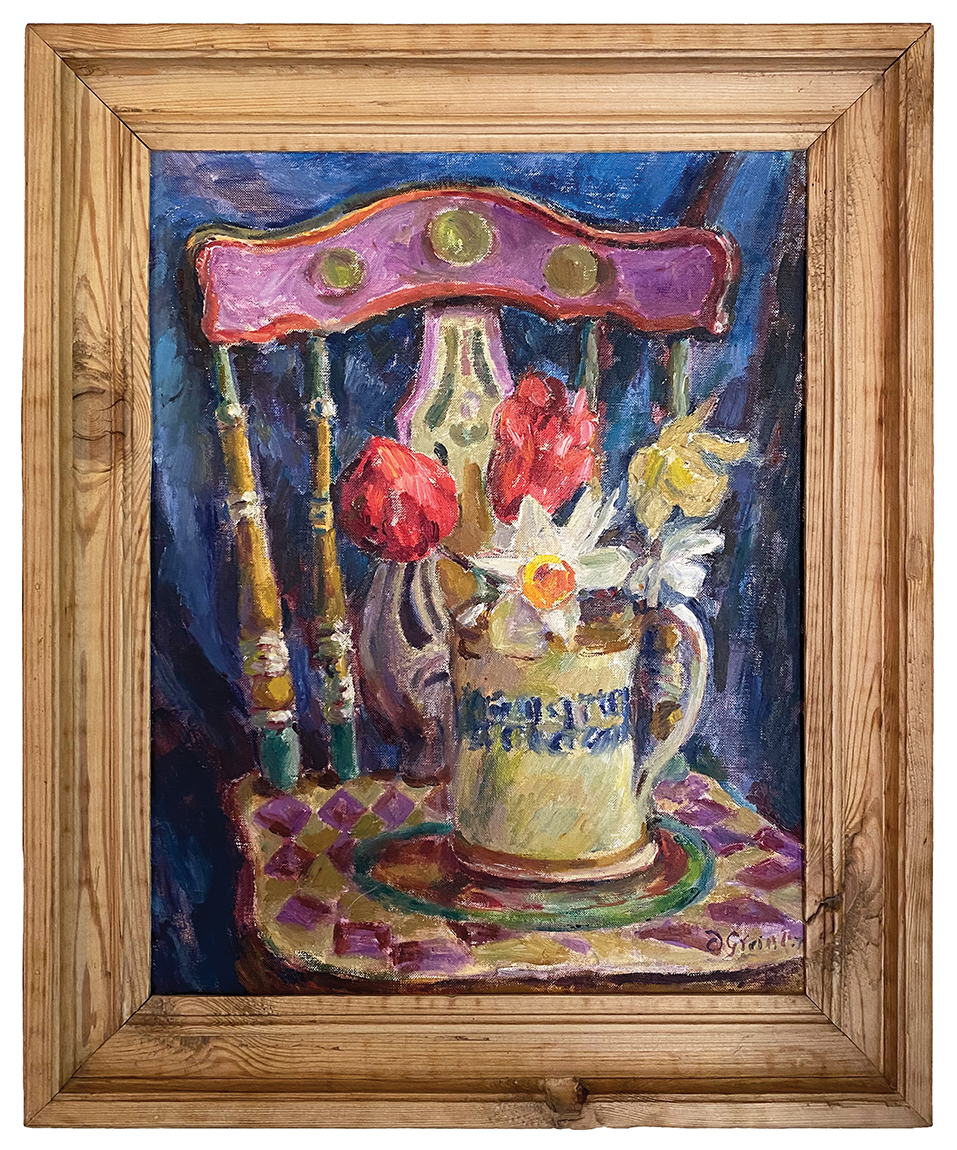
The picture was donated to the Trust by Peter Carreras, a distinguished Sussex artist and printmaker, and his wife, Greta.
Duncan Grant’s painting provides a very British voice to the influences of Post-Impressionism. It depicts a handmade jug, of the type made by both Duncan Grant and Vanessa Bell, filled with flowers upon a painted Bloomsbury chair. His handling of the paint and the joyous palette reflects the art he and Vanessa Bell produced here in Sussex at Charleston. Although a later work the painting made £14,000 for the Sussex Heritage Trust.
When I founded Toovey’s some 28 years ago with my Dad, Alan, we wanted to model a different way of being business where people, our clients and team, were front and centre. And where the business was at the heart of the community supporting what is good in our county. It has been great fun and these values remain central to Toovey’s. Working alongside and in support of our county’s fantastic charities, museums, galleries and communities is, as it has always been, a great privilege.
